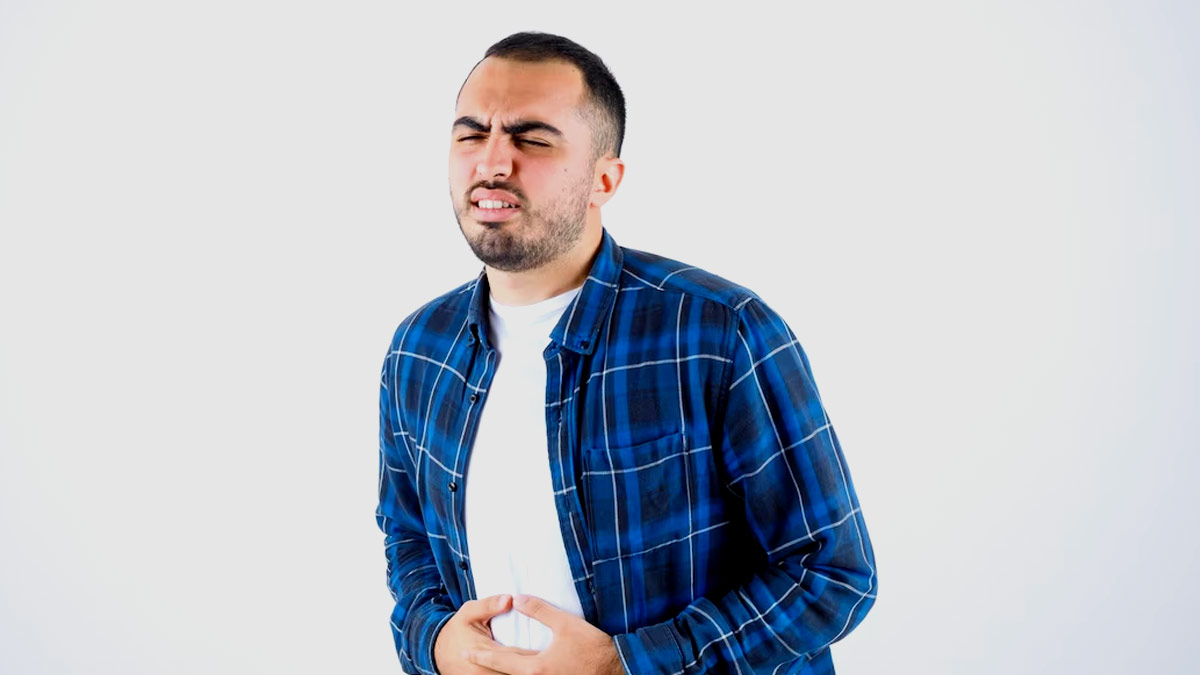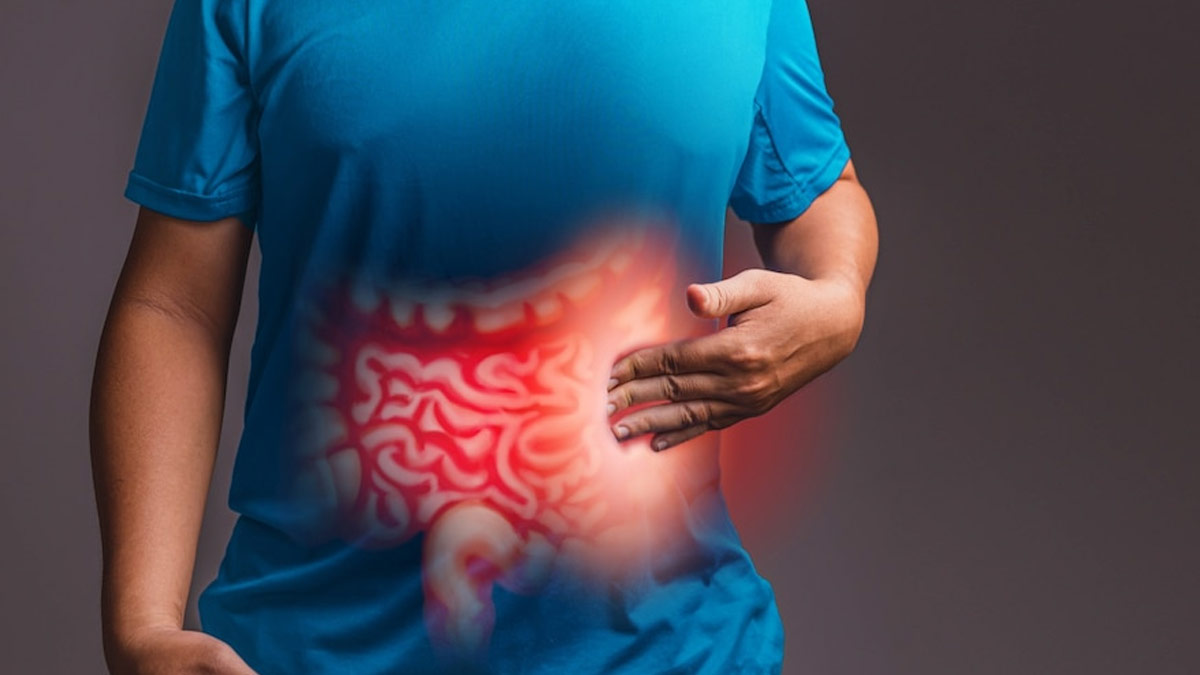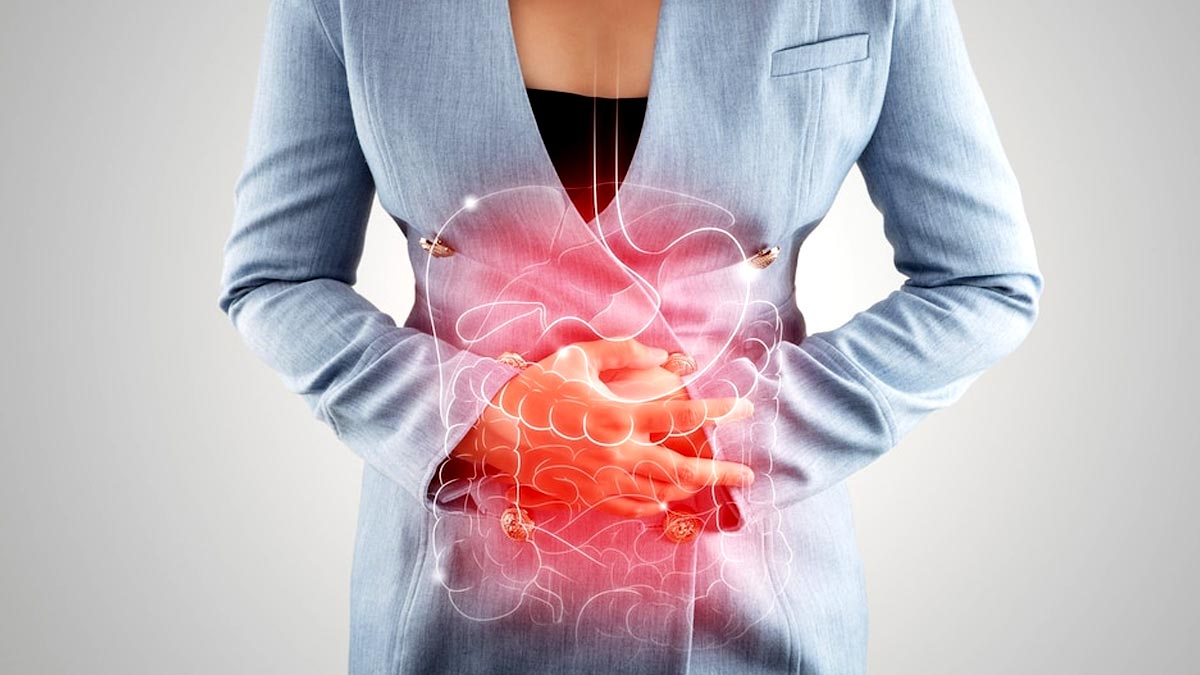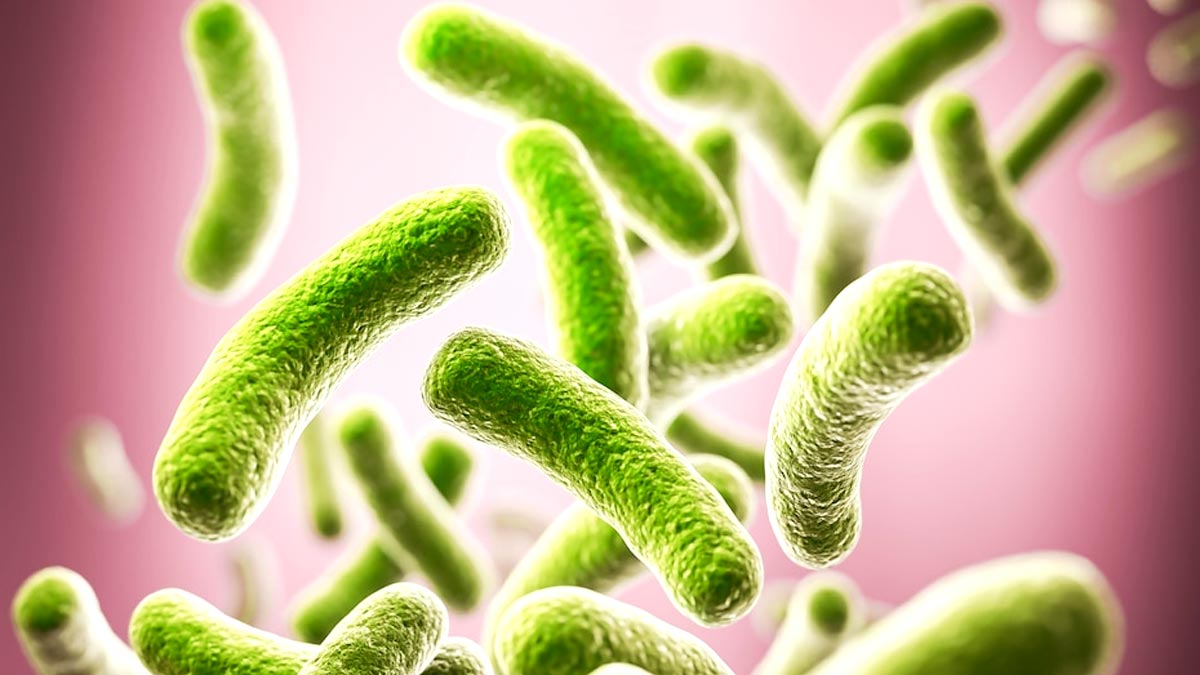

A sudden discomfort and pain in the stomach, a feeling of nausea, and episodes of diarrhoea can get you worried, more so because it can be due to several factors and without knowing the true cause, you cannot receive proper treatment. Given the summer heat, most of us are likely to guess dehydration. But Dr Deepak Lahoti, Senior Director-Gastroenterology, Hepatology, and Endoscopy, Max Super Speciality Hospital, Patparganj, says it could be due to Small Intestinal Bacterial Overgrowth (SIBO).
Also Read: Do Not Ignore Swelling In These 4 Areas; Could Be A Sign Of Fatty Liver Disease
What Is SIBO?

SIBO refers to an excessive growth of bacteria in the small intestine. According to Dr Lahoti, the small intestine generally is devoid of bacteria or contains a relatively low number of bacteria compared to the large intestine. However, in individuals with SIBO, the bacteria that are normally found in the large intestine start to multiply and overpopulate the small intestine.
The overgrowth of bacteria interferes with normal digestion and absorption of nutrients. The bacteria may ferment carbohydrates and produce gases (hydrogen, methane) that can lead to various gastrointestinal symptoms.
Common Symptoms Of SIBO

Some of the digestive issues experienced by people with SIBO include:
- Abdominal bloating and distension
- Excessive gas and flatulence
- Abdominal pain or discomfort
- Diarrhoea or constipation (or alternating between both)
- Fatigue
- Weight loss (in some cases)
A study published in the Peer-Reviewed Journal Gastroenterology and Hepatology found that in 87 consecutive patients with chronic diarrhoea SIBO was present in 33% of the patients.
Note The Causes
Dr Lahoti says, “SIBO commonly results when a circumstance, such as surgery or a disease, slows the passage of food and waste products in the digestive tract, creating a breeding ground for bacteria.”
“While SIBO is often a complication of stomach (abdominal) surgery, this condition can also result from structural problems like including scar tissue, some diseases including Crohn’s disease, radiation enteritis, scleroderma, celiac disease or due to an overuse and prolonged use of acid suppressants,” he adds.
Also Read: Sabudana Is A Popular Indian Fasting Staple: But Should Diabetics Consume It?
Complications

If left untreated, SIBO can cause complications. These include:
- Poor absorption of fats, carbohydrates and proteins
- Vitamin deficiency
- Weakened bones (osteoporosis)
Role Of Antibiotics
Although surgery is needed in complicated and severe cases of SIBO, antibiotics are the most common treatment, as per Dr Lahoti.
Antibiotics are a class of medications used to treat bacterial infections by either killing or inhibiting the growth of bacteria. They help combat various bacterial diseases and have contributed significantly to increased life expectancy and improved healthcare outcomes. However, antibiotics should be used judiciously to prevent antibiotic resistance and preserve their effectiveness for future use.
اكتشاف المزيد من ينبوع المعرفة
اشترك للحصول على أحدث التدوينات المرسلة إلى بريدك الإلكتروني.
